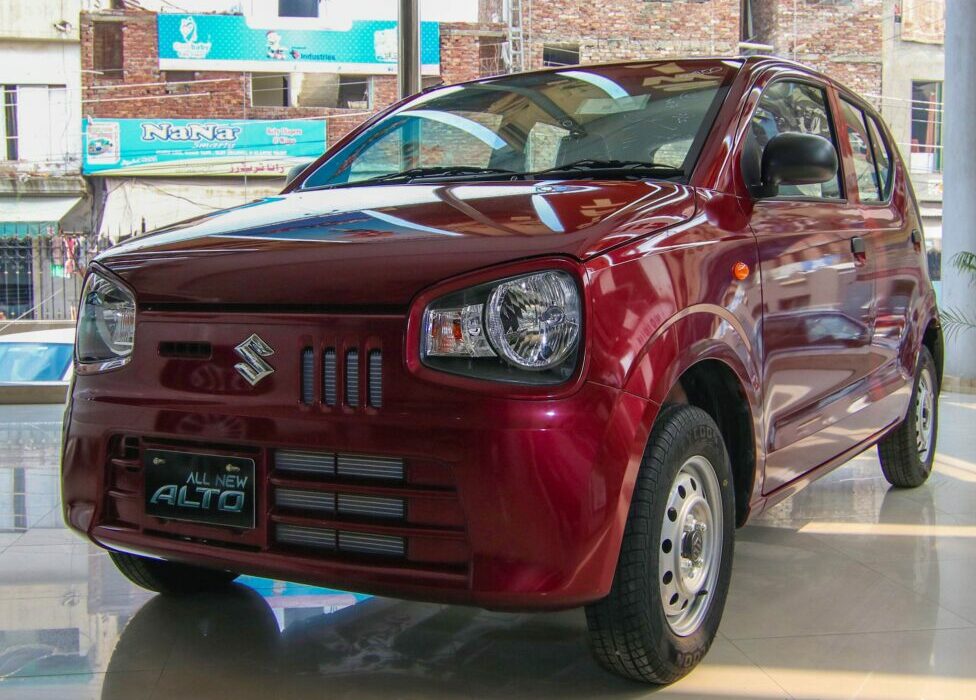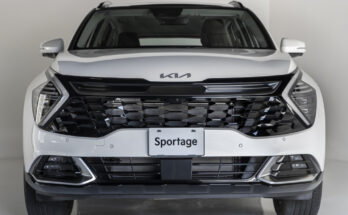During the pandemic lockdowns, we heard of news stories such as this. Malaysia reduced sales tax on imported cars by 50% and eliminated sales tax completely on locally assembled or manufactured cars to boost car sales. That year, especially for the month of June, Proton registered a sales boom despite the lockdowns. What were the big auto companies doing in Pakistan during the same period? They were busy increasing prices despite zero sales that had literally closed down all of their assembly plants.
Recently we have heard of Indonesia reinstating a tax exemption on cars of up to 1500cc engine capacity & with more than 50% local content, in order to boost car sales in the market. And what is happening in Pakistan at the same time? Pakistan is having to slow down its auto industry because it is “doing too well”. Am I getting this right?!
Related: SBP Puts Restrictions on Financing of Imported Vehicles
Just think of how odd and humorous this situation is. The auto industry was doing so well in Pakistan that they had to take steps to slow it down, for example with these changes in SBP financing rules. This reveals the level of mismanagement of the auto industry that I have been trying to highlight. When an industry in a country is doing very well, and the government itself takes measures to slow it down, that is a clear indication that the rules put in place to manage that industry were flawed to begin with.
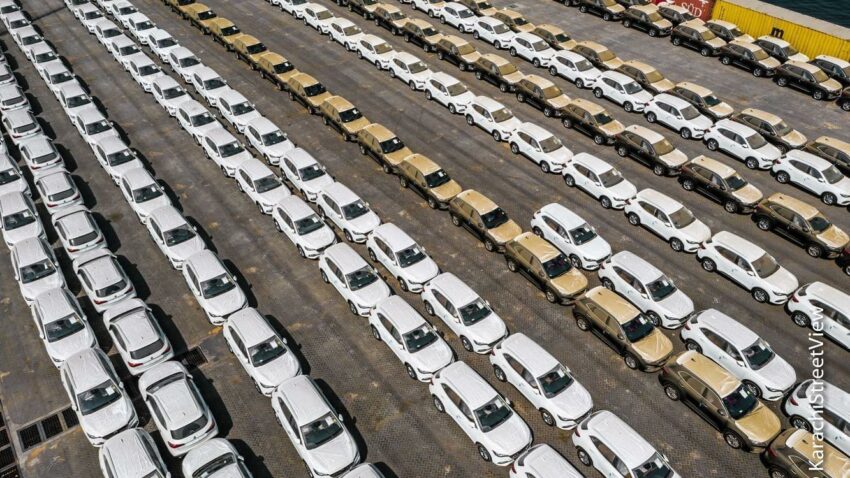
I have mentioned it in my previous articles; however, it bears repeating. Our auto industry players are all importers, even the old cartel of the original three who allegedly dictate the rules to the government. Both previous and current auto policies have only enabled more importers/ assemblers to set up shop here. In the case of most of the new companies coming into Pakistan, they have been allowed to bring in their vehicles as CBU imports until their assembly plants are up and running. The rest of the companies including our dear old three, bring in their vehicles as CKD imports. Whether the product is completely built or partly disassembled in “box packed” form that will be assembled fully locally, they are essentially the same– both being imports.
Related: Government Not Happy with Automakers’ Failure to Enhance Production
Unfortunately for everyone, but kudos to their marketing teams, these companies got everyone to call them local manufacturers. They even have their own exclusive “club” called PAMA (Pakistan Automotive Manufacturers Association). For me, this raises some genuine concerns. The local companies call themselves ‘manufacturers’, but the question is, are they really manufacturers? Do they make or procure all or most of their parts locally?
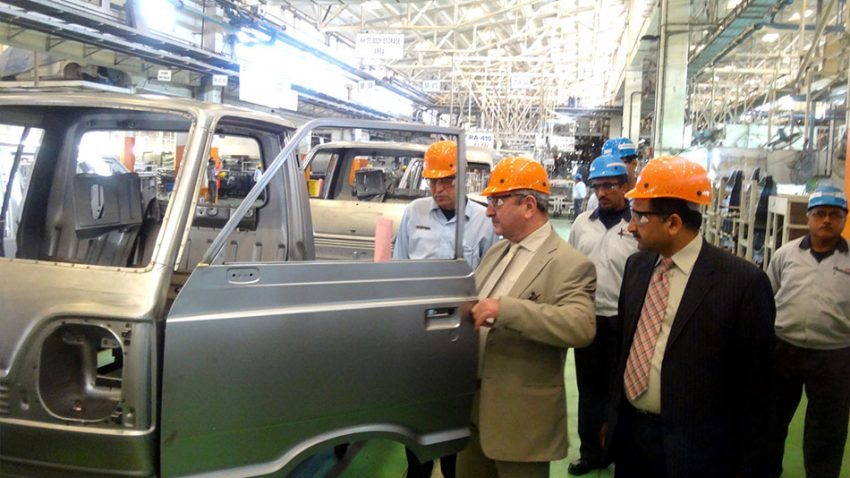
If PAMA is a “manufacturers association”, are any of the local companies, that are part of it, truly manufacturers? These companies needed to enable local parts manufacturers to make localized parts for them. In the last 30 odd years that the original three have been here, have they enabled any of the local parts vendors to fully make all parts for them in Pakistan?
Has the government ever forced the local companies on this issue? Has the government ever fully helped these local parts vendors by giving them the incentives and the boosts they need to become international parts exporters? The sad answer to all of the above questions is a resounding NO!
Related: Economic Advisory Group Says Auto Policy is Damaging for Consumers
The one area that the government needed to concentrate on, and still very much does, are the local parts manufacturers. Yet, even in the latest policy, which the current government claims to have set up through “very capable experts”, it has completely ignored this very important part of our auto industry. These are the local companies that will truly enable Pakistan’s auto parts exports if handled correctly. Because of bolstering such local companies and supporting them fully in their endeavors, countries like Thailand, Malaysia and Indonesia have stories like the ones I have mentioned above. Such parts vendors assist the auto companies in those countries in making CKD kits that they sell to countries like Pakistan for vehicle assembly. Along with that, they make bulk parts for export as well. This boosts the auto industry in those countries and increases their exports.
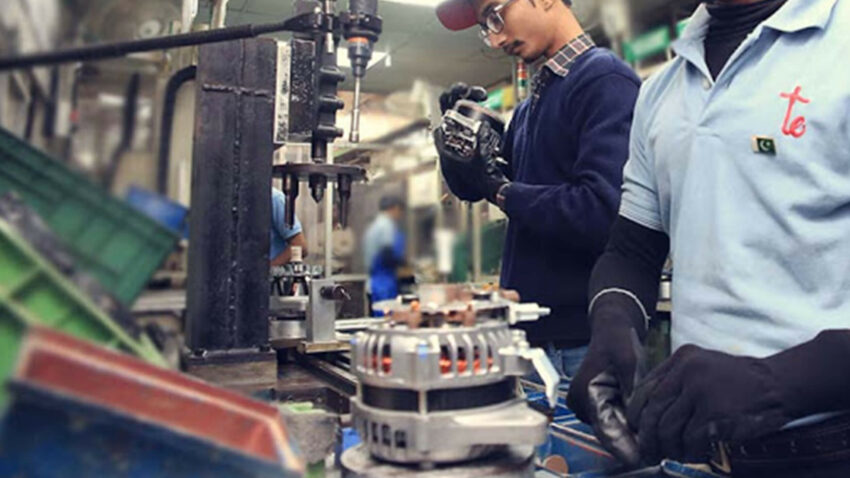
But, in the case of Pakistan, unfortunately, the local assemblers deemed what these vendors already had was enough and nothing further was needed even though the vendors themselves were/are screaming for help. The government listened to the local assemblers instead. That in my humble opinion is a case of blatant ignorance. They ignored the companies which are the only true local auto industry manufacturers in the country and listened to the companies that are assemblers only. Why can’t the government make the distinction between assembler and manufacturer?
Related: Should Local Assembled Cars be Priced in Dollars?
Maybe, like I mentioned in one of my previous articles, it was all for a few dollars more. The assemblers made lofty promises to make investments in the country. That meant huge cash injections in the country in the short term. That was enough to get the policy makers to make the wrong choices. How very sad.
Also read:
- The Costly Auto Industry of Pakistan- Destination Unknown (Part 1)
-
The Costly Auto Industry of Pakistan- Destination Unknown (Part 2)
The current government could have seen and acknowledged the very major role played by these local parts manufacturers and given them the help they required back when they first took charge; to enable these vendors to enter the international parts supply game. By now they would have had a few years and might even have been on their way to increasing their parts production for export. That would have been a big help in offsetting the cost of the imports by our local assemblers. That would have also meant that, by increasing the capacities and expertise of our local parts vendors, it would’ve resulted in them better supporting our local assemblers. Enabling them to soon transition from local car assemblers to true local car manufacturers. Expanding on that, hopefully one day also enabling our local car companies in becoming what we want them to be; actual car exporters in the region.
Related: Local Auto Industry Defying the Laws of Economics
But that did not happen then; and due to lack of sincere policies its not happening now either. What is the result? Our central bank and the government have to take steps to slow down a “booming” industry in the country because of the import bill. One step forward, two steps back. What I said before holds true. The government’s approach was literally “if they can’t have bread, let them eat cakes”. Oh, how that has come back to bite them.
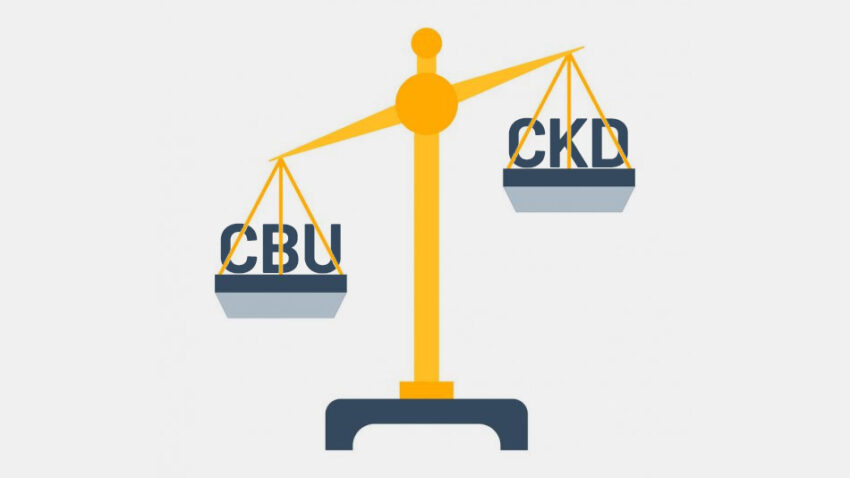
By continuing to blame the used car import for the woes of Pakistan’s auto sector, we are beginning to sound like a broken record. This time however, the imports to blame were not the used car imports. The blame lies with the CBU imports that the government itself allowed these new companies to bring in. The blame lies with the CKD/ SKD imports the local assemblers bring in to ‘assemble’ cars locally. The blame lies within the government’s own policies for creating the current situation. Here is an excerpt from the article on SBP enacting its changes in financing rules.
“The import of motor vehicles in FY21 was of $2.142bn compared to $1.276bn in the preceding year reflecting the high growth of import. During July-Aug FY22 the import of the same was of $495m compared to $160m in the same period of last year.”
Here is another article if you would like to further read up on the subject. Most of the amount spent was on CKD/ SKD imports by the local assemblers. The rest mostly was spent on CBU imports by the new companies. Like I have said in my previous articles, the government should’ve enacted some limit on the number of cars each company could import until its assembly plant was operational. That would have lit the fire under these companies to fast track towards completing their assembly plants.
Related: Auto Import Bill Surged by 194% in H1-FY2020-21
However as the situation currently stands, there is no limit. These companies can import to their hearts content. No need to rush. Expanding on the above point, going forward, it would also be a very big incentive for the local assemblers to fully localize if the government reduces taxes further on fully localized vehicles only. That would also get them to finally support the local parts vendors as well and would be a great incentive for finally promoting full cooperation among these two intertwined, but currently estranged, auto industry entities.
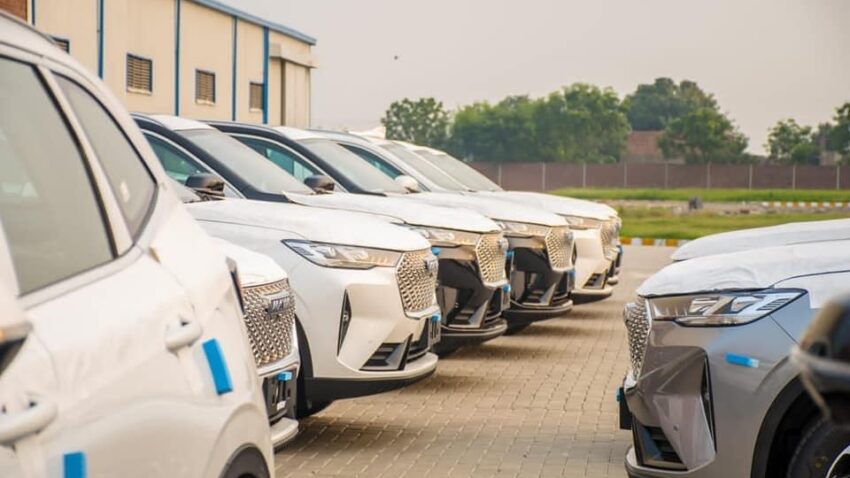
At this point, if someone were to give the argument “whether the government limited the imports by companies at the start or is trying to do it now, it basically amounts to the same thing“; my humble counter argument would be, think again. The difference is day and night. If the government had limited the number of imports allowed to these companies right from the first auto policy, that would have been the right approach. The companies would have agreed to that and planned accordingly.
Related: Should Government Allow Importing Used JDMs
Now however, what these new companies actually agreed to and were operating under, was the stipulation of the auto policy that allowed them open imports with an open market, so to speak. They still have that stipulation for imports under the auto policy mind you. However, now with the government stopping the financing option for imports, and making it more difficult for the locally assembled vehicles, all these companies (old and new) are going to face business challenges. Their sales will take a noticeable hit. That will not sit well with them. Especially with the new comers as they are still in the process of establishing themselves. The government tried the somewhat, cheeky approach by not saying anything to the companies directly but targeting the consumer instead (as usual). But that is the wrong way of handling this situation of their own making.
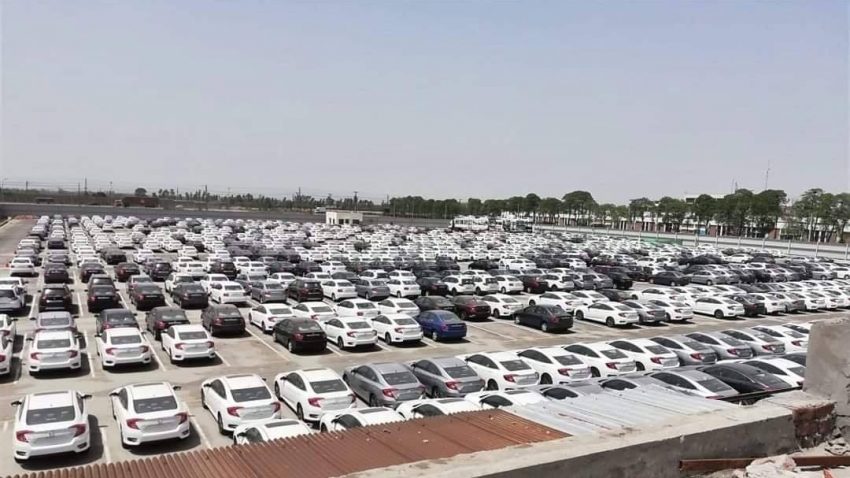
The local companies see this. Any potential company thinking of entering the Pakistani market will see this. They will see the volatility of the Pakistani government and its market and now will be wary of any (further/ future) investments. However, saying that, I fully agree the government was well within its powers to handle the situation as it saw fit. Unfortunately, by handling this situation in this manner, it not only lost major points with the consumers, it lost point with the companies that have invested in the market. The government was trying ultimately to fix a mistake it made to begin with. It just went about it the wrong way.
Related: Government Officials Accused of Taking Billions from Auto Sector
Still I believe our government will not learn anything. As far as I know we do not have a dedicated auto industry ministry or department that deals with ONLY the auto industry and knows the needs of our market inside out. The auto sector is handed from one person to the next like it’s in a passing game; everyone is trying their own version of “jugar” on it. Until the government takes a more serious approach to our very troubled auto industry, with all its myriad of problems (from own money to exorbitant price hikes, to forced product shortages to “damaging imports”), this sector is going nowhere, fast. And we will continue to have such oddly entertaining situations.
Contributed by: Muhammad Ali Khan– A guy who is passionate about cars and concerned about the state of the auto sector in the country. 

CarSpiritPK welcomes Guest Posts. If you have the ability to generate quality content and can write some relevant and useful piece of information to be shared with our readers, feel free to contact us at: [email protected] Send you emails titled as (Guest Post submission)

